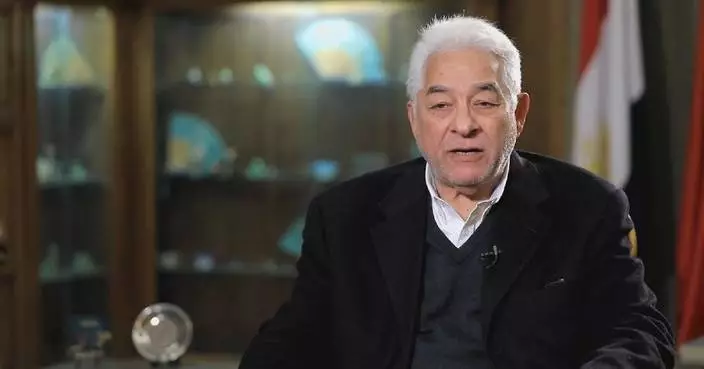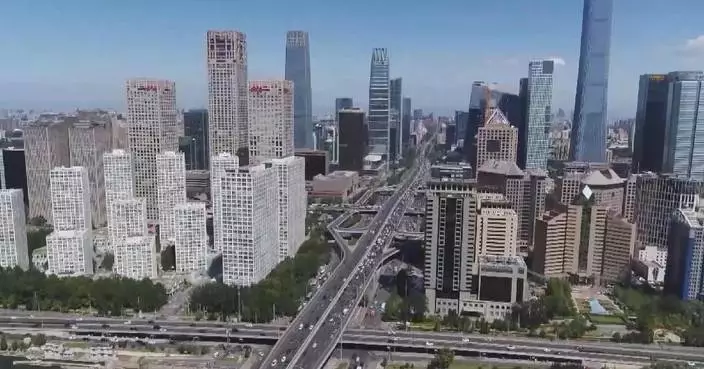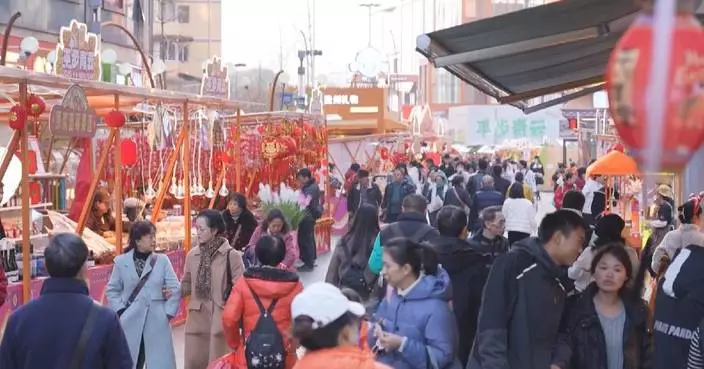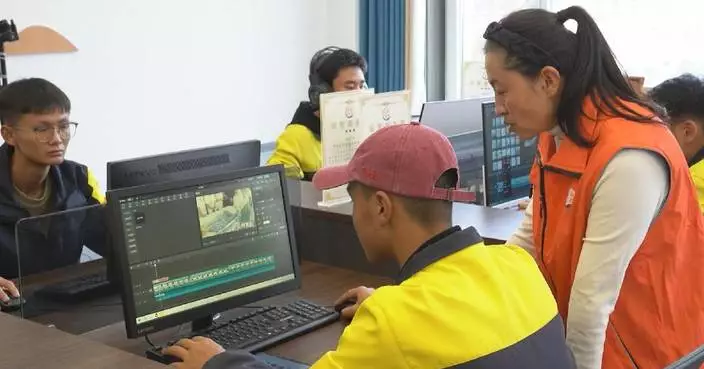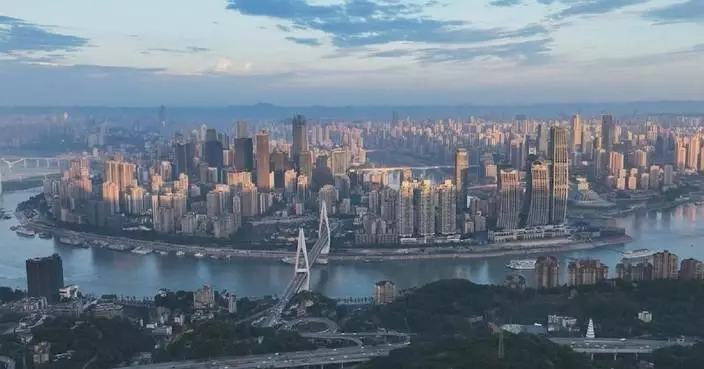China reported a rapid increase in auto trade-ins thanks to policy support designed to benefit consumers.
The Ministry of Commerce said Tuesday it had received over four million subsidy applications for trade-ins of passenger vehicles as of Monday under a mass renewal program initiated early this year.
Currently, people trading in an old car for a new energy vehicle (NEV) are entitled to a 20,000 yuan (2,781 U.S. dollars) subsidy, while those replacing for a fuel car will get 15,000 yuan.
The policy has effectively stimulated the auto market. In October, retail sales of passenger vehicles reached 2.261 million, up 11.3 percent year on year. The growth rate has accelerated by 6.8 percentage points from September.
Notably, sales of new energy passenger vehicles reached 1.196 million units in October, a remarkable 56.7 percent increase year on year, with growth accelerating by 5.8 percentage points from September.
NEVs accounted for over half of total passenger vehicle sales. From January to October, retail sales of passenger vehicles approached 18 million, up 3.2 percent year-on-year, while new energy passenger vehicle sales reached 8.327 million, a 39.8 percent increase.
The auto trade-in subsidies are part of a national program unveiled in March aimed at expanding domestic demand and shoring up the economy through equipment upgrades and consumer goods trade-ins.
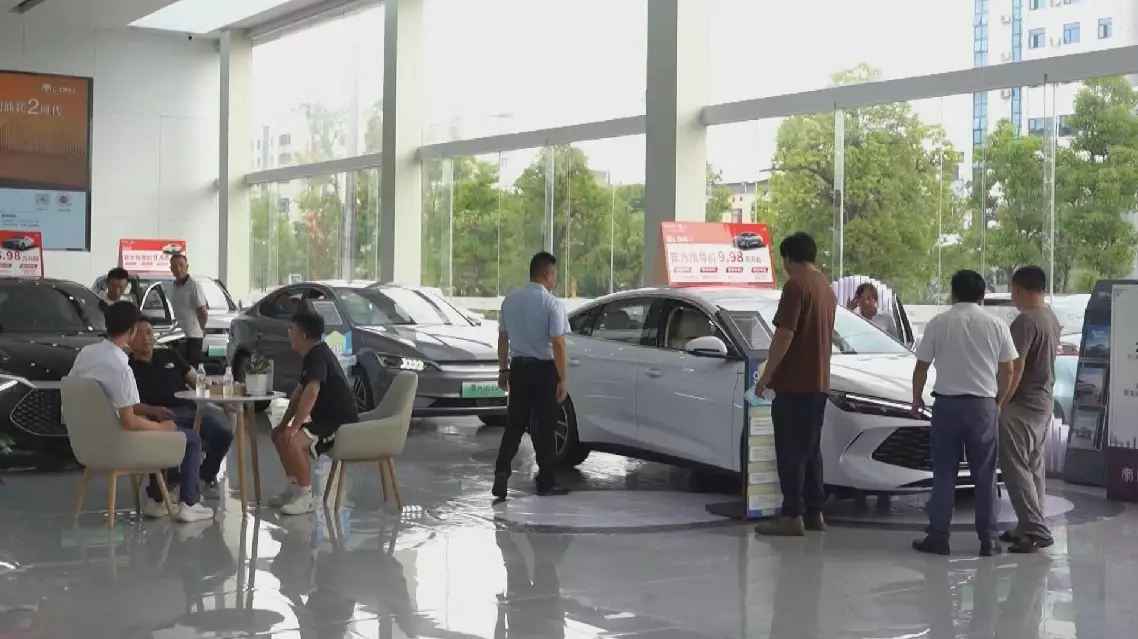
China sees more auto trade-ins on policy support
The Palestinian death toll from ongoing Israeli attacks on the Gaza Strip has risen to 45,658, with 108,583 others injured, the Gaza-based health authorities said in a statement on Friday.
In the past 24 hours alone, at least 77 people were killed and 145 others were injured in Gaza, according to the statement.
Israeli airstrikes targeted Gaza City in the northern Gaza Strip on Friday, killing seven people, including four children. Several others were injured, some of whom are in critical condition.
Meanwhile, the Israeli military has threatened medical teams, patients, and staff at Al-Awda Hospital in northern Gaza, warning that the facility will be bombed unless they evacuate immediately.
The Hamas-run media office reported on Friday that the Israel Defense Forces continue to destroy hospitals in northern Gaza, leaving approximately 40,000 Palestinians without access to medical services.
On the same day, the Director General of the International Organization for Migration (IOM), Amy Pope, stated that the humanitarian crisis in Gaza has worsened due to freezing winter temperatures and recent rainfall. Meanwhile, humanitarian aid entering the region remains severely limited, leaving residents in urgent need of shelters and other essential supplies.
According to a UN report released in mid-December last year, at least 945,000 Gazans are in urgent need of winter items such as warm clothing, blankets, and tarpaulins.
The IOM has reiterated its call for all parties involved in the conflict to immediately cease fire, release detainees, protect Gaza's civilians, and ensure the uninterrupted flow of humanitarian aid.
Hamas confirmed on Friday that indirect negotiations with Israel have resumed in Doha, Qatar, with the goal of achieving a complete ceasefire in the Gaza Strip.
In a statement, Hamas said that the latest round of talks is expected to focus on achieving a comprehensive and lasting ceasefire, securing the withdrawal of Israeli forces from Gaza, and facilitating the safe and prompt return of displaced Palestinians to their homes.

Palestinian death toll from Israeli attacks in Gaza rises to 45,658

Palestinian death toll from Israeli attacks in Gaza rises to 45,658





